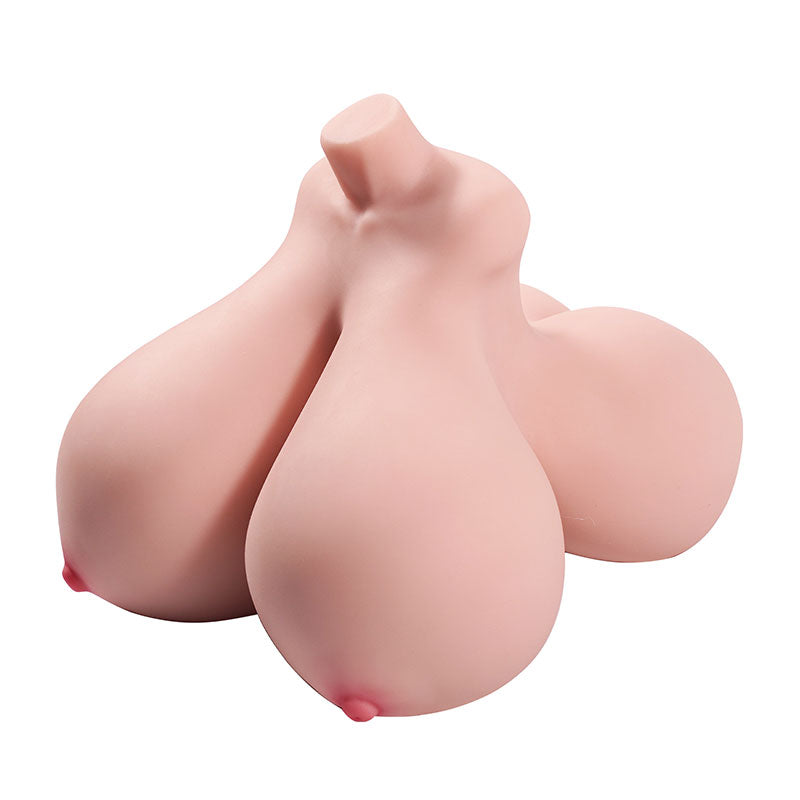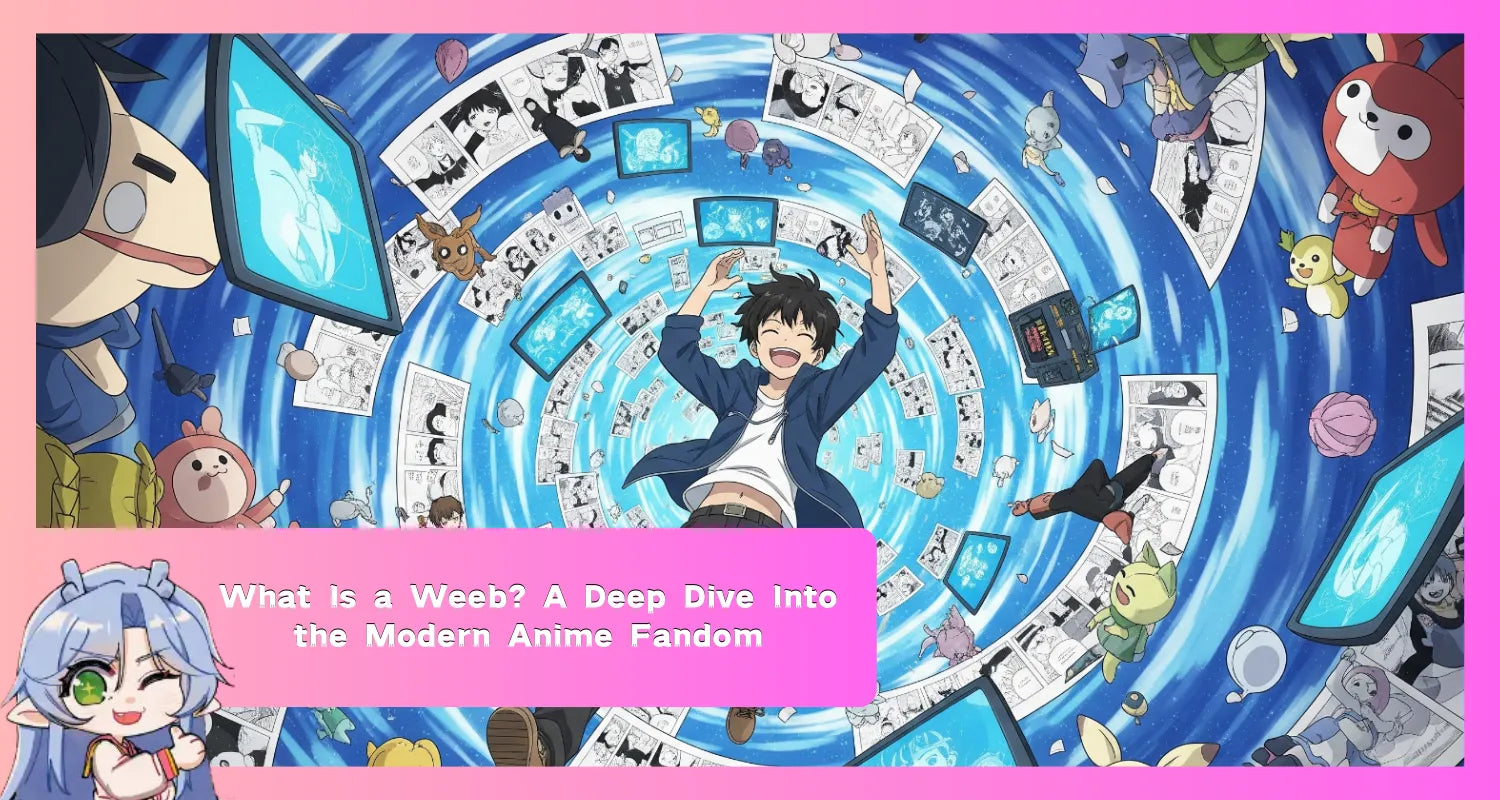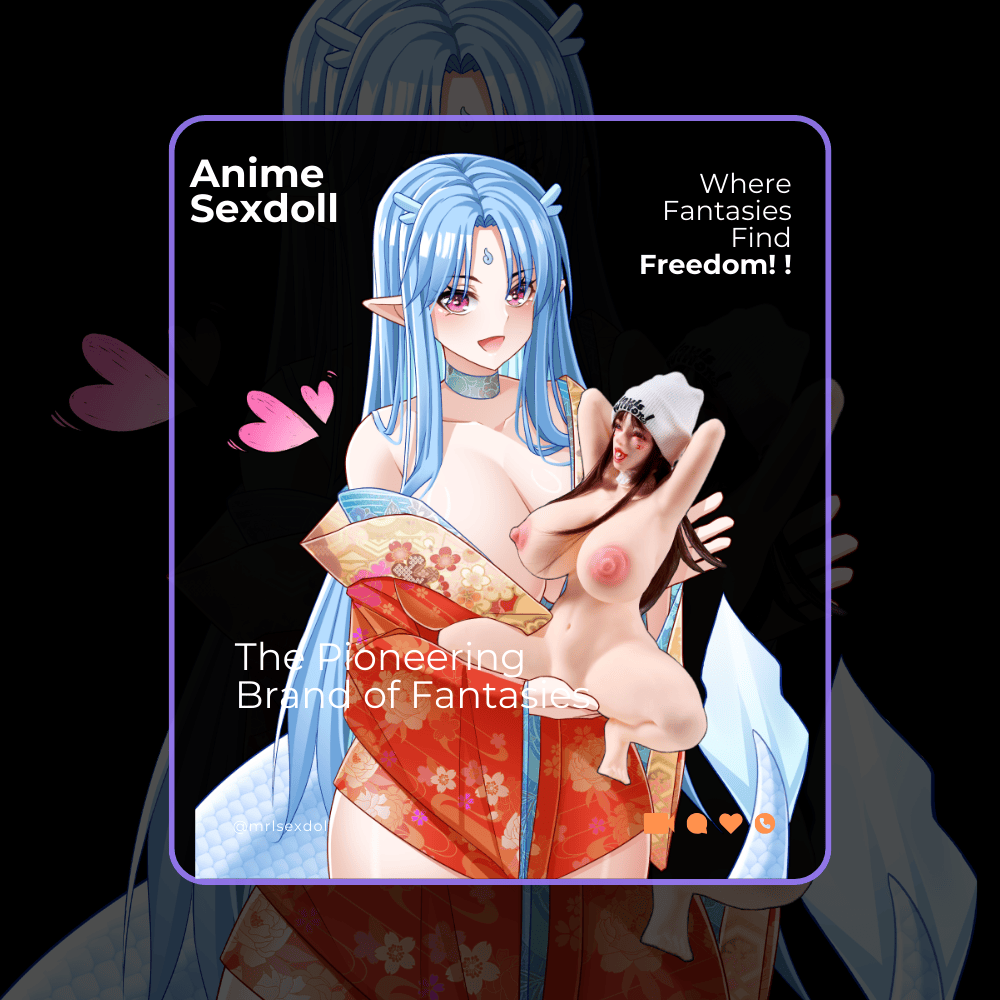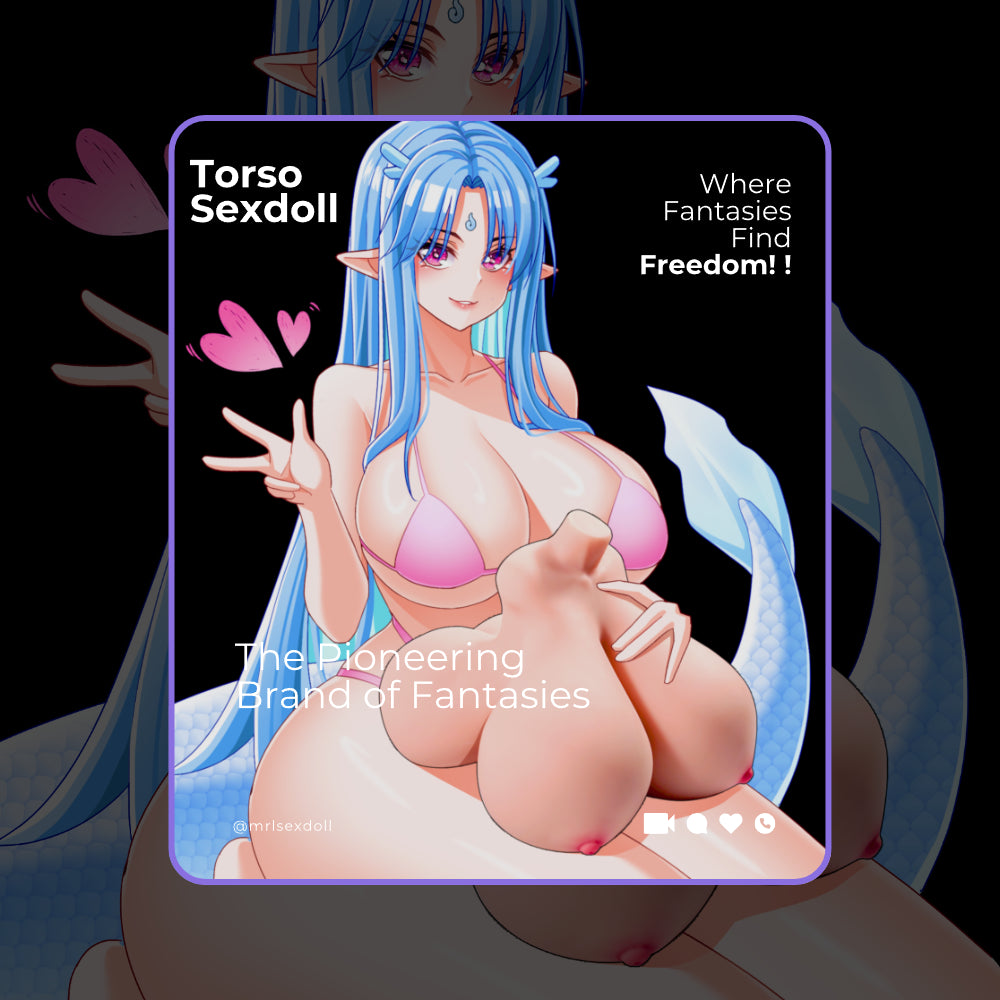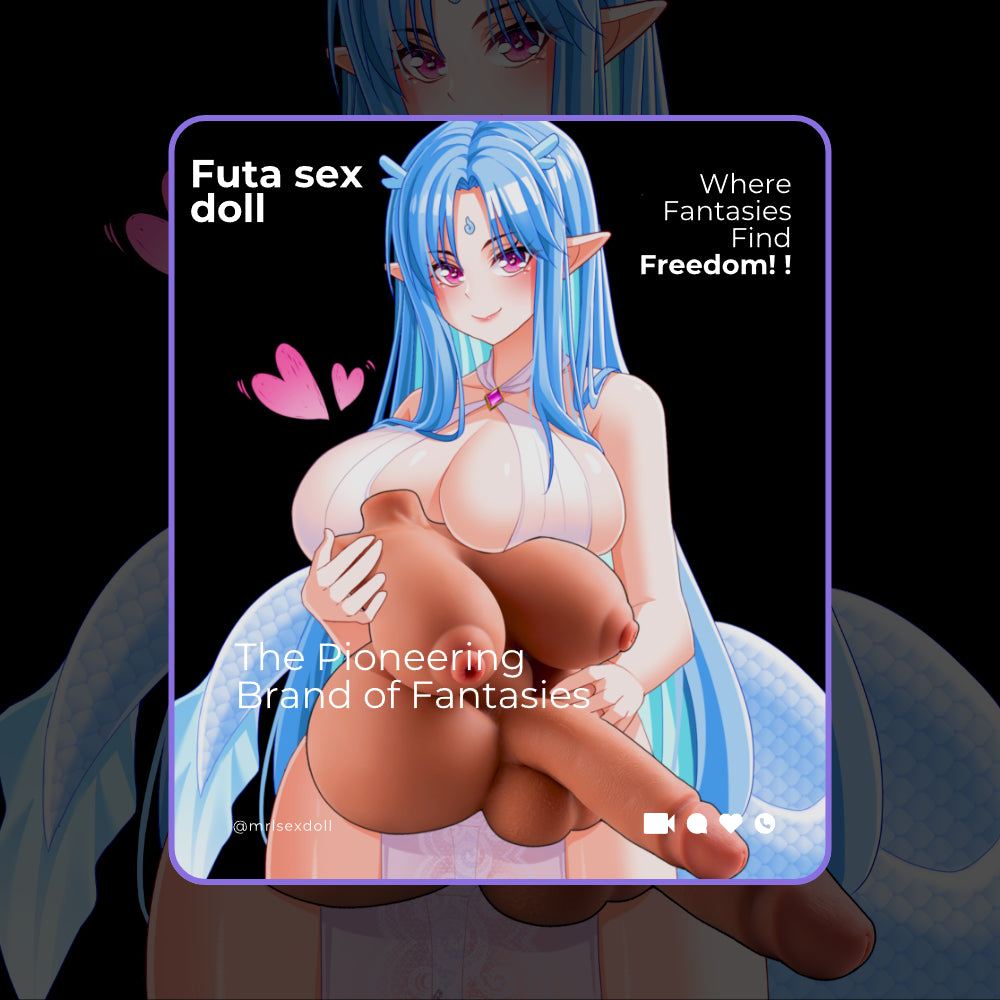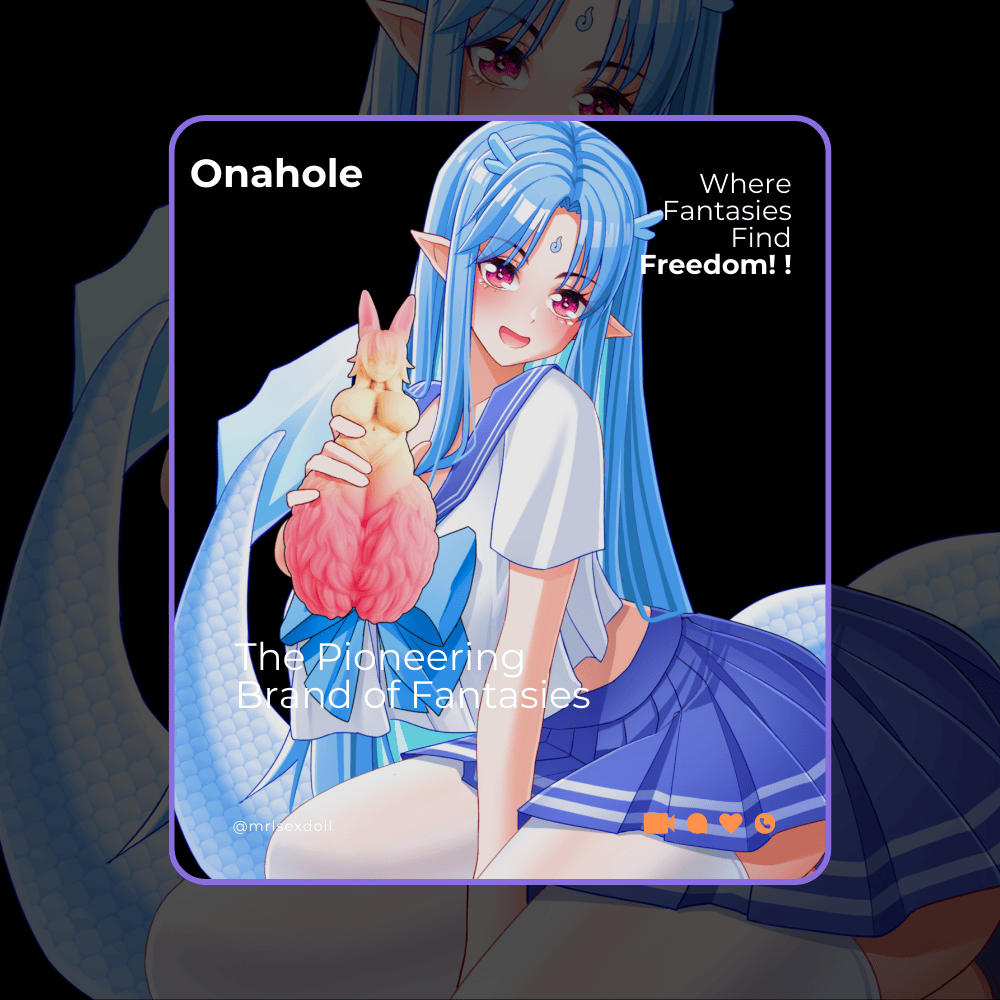What Is a Weeb? A Deep Dive Into the Modern Anime Fandom

You’ve just watched the final episode. As the credits roll, you feel that familiar sense of emptiness. An entire season, binged in a single weekend, is over, and now there’s a hole where that amazing story used to be. If this sounds like you, then you’ve probably heard the word people use for this kind of dedication: "weeb." You see it everywhere—in YouTube comments, on Twitter, and all over Reddit. Sometimes it’s a joke, sometimes it’s an insult, and sometimes people say it with pride. This is what makes the word so interesting.
So, what is a weeb, really? A simple dictionary definition doesn’t quite cut it because it misses the word's complicated history and cultural meaning. To really get the weeb meaning, you have to dig a little deeper. We’re going to look at where the term came from, how it went from being an insult to a badge of honor, and where it fits in the world of fandom today. We will also clear up the common weeb vs otaku confusion and explore what it means to be a dedicated anime weeb in our connected, global culture. This is more than just a definition; it’s a look into the heart of a passionate and often misunderstood community.
Table of Contents:
The Evolution of a Label: From Pejorative to Pride
Every powerful word has a story, and the history of "weeb" shows just how creative and chaotic internet culture can be. It didn’t start as a positive term. Instead, it was born from people making fun of others, but it was transformed by the very community it was supposed to hurt.
The Derogatory Origins of Weebs

To find where " weeb " came from, we first have to look at the word that came before it: "Wapanese." This term, a mix of "White" or "Wannabe" and "Japanese," became popular in the early 2000s. It was used as an insult to criticize non-Japanese people, usually from Western countries, who seemed way too obsessed with Japanese culture. The word suggested that someone was fetishizing Japan, disrespecting their own culture, and only had a shallow understanding of the country that they got from anime and manga.
The big change happened on the infamous website 4chan. In the mid-2000s, the moderators wanted to stop people from overusing certain words, so they set up a filter. This filter automatically replaced every instance of "Wapanese" with a totally random and meaningless word: "weeb." The word itself came from a webcomic called The Perry Bible Fellowship , where it was just a nonsense word for something unpleasant. This random switch was a huge turning point. The original insult was gone, and in its place was a new, empty word that was ready to be defined.
The Great Reclamation

At first, "weeb" just carried all the negative feelings from "Wapanese." It was an insult used to call someone a cringey Japan-lover. But then, something amazing happened. The community that was being targeted started using the word for themselves. This is something that happens a lot in subcultures. By taking the insult and owning it, fans took away its power to hurt them.
This reclamation was driven by irony and humor. Anime fans began calling themselves weebs as an inside joke. It was a quick way to admit that they were deeply, maybe even a little too, passionate about their hobby. Over time, the irony started to fade, and a real sense of identity took its place. Today, when someone calls themselves a weeb, it’s often a sign of genuine love for the culture. It shows that their interest is more than just casual. It means they know the memes, the community jokes, the seasonal anime charts, and the history of the hobby. The label has successfully changed from an insult used by outsiders into a symbol of belonging for insiders.
Weeb vs Otaku: Clarifying a Common Fandom Confusion

When people talk about anime fans, another word often comes up and is sometimes used just like weeb: "otaku." While both words describe passionate fans, they don’t mean the same thing. They have different origins, feelings, and cultural backgrounds. Understanding this difference is important for navigating the fan community. The weeb vs otaku debate is a common one, but the differences are pretty clear.
First, you have to understand " otaku " (オタク ) in its Japanese context. The word appeared in Japan in the 1980s and can describe a hardcore fan of any niche hobby, not just anime. There are train otaku, military otaku, and idol otaku, for example. In Japan, the word has historically had a very negative reputation, often linked to people who are socially awkward or reclusive. This image was burned into the public's mind by events like the case of a criminal in the late 1980s who was labeled an otaku, connecting the term to disturbing behavior. While younger generations in Japan have softened the word’s meaning a bit, it can still be a serious insult.
In contrast, "weeb" is a purely Western term that was born on the internet. It is used almost exclusively for non-Japanese fans of Japanese pop culture. It doesn't apply to someone obsessed with British TV shows or American comics; it’s specifically about anime, manga, light novels, video games, and the culture around them. Although it started negatively, its modern use, especially when people use it on themselves, is much more likely to be ironic or a statement of pride.
The easiest way to see the difference is that "otaku" is a Japanese word for a Japanese cultural phenomenon of obsession, while "weeb" is an English word for a non-Japanese person's obsession with Japanese culture.
|
Feature |
Weeb |
Otaku |
|---|---|---|
|
Origin |
Western Internet Culture (early 2000s) |
Japanese slang (1980s) |
|
Geographic Context |
Primarily used by/for non-Japanese individuals |
Originally used for Japanese individuals |
|
Core Connotation |
Historically negative, now often reclaimed/ironic |
Can be negative (reclusive) or positive (expert) in Japan |
|
Subject of Interest |
Specifically Japanese pop culture (anime, manga) |
Any obsessive interest (trains, idols, anime, etc.) |
From Screen to Shelf: The Weeb's Passion for Collecting

For a true anime weeb , being a fan is more than just watching shows. It becomes a lifestyle and a personal style that shows up in their space and choices. It’s about actively creating an environment that celebrates the art and stories they love. This deep involvement can show up in many ways, from learning Japanese phrases to adding anime-inspired clothes to their wardrobe. But maybe the biggest expression of this passion is the desire to make a real, physical connection to the 2D world.
This desire often starts small, with posters of favorite characters, a growing manga collection on a bookshelf, or a t-shirt from a beloved series. These items help ground the fictional worlds we love in reality. For many, this is just the start of a deeper dive into collecting. The world of anime merchandise is huge, but the peak of this hobby is often figure collecting. This is where being a fan becomes a form of art appreciation, much like collecting traditional sculptures or paintings.
The quality and artistry in this hobby vary widely, from affordable prize figures to beautiful, high-end statues. For the most dedicated collectors, this appreciation can lead to seeking out hyper-realistic, art-grade figures that capture a specific character type. For collectors who appreciate a specific look, high-end figures like the 'Ella 3.0' show how expert artists can use top-quality materials to bring a character type, like a curvy MILF or BBW, from a 2D drawing into a stunning 3D art piece. This level of collecting is about owning something that represents the ultimate physical form of an aesthetic, showing the collector's great taste and deep love for the art.
FAQ: Your Weeb Questions Answered
Is it offensive to call someone a weeb?
It really depends on who is saying it and why. When it's used between fellow anime fans or weebs , it's usually a friendly term or a shared joke. But if someone from outside the community says it in a mocking way, it can definitely still feel like an insult, carrying the weight of its negative origins.
What is the main difference between a casual anime fan and a weeb?
The biggest difference is the level of involvement. A casual fan enjoys watching popular anime and then moves on. For a weeb, this interest often grows into a major hobby that includes the culture around the shows. This might mean reading the original manga, following Japanese voice actors, being active in online fan groups, and spending time and money on merchandise and conventions.
Can you be a weeb if you're Japanese?
Based on the established weeb meaning and where it came from, the term is defined by being non-Japanese. It was created specifically to describe foreign fans of Japanese culture. So, a Japanese person would not be called a weeb. The more fitting term for an obsessive fan in Japan would be "otaku," though that word has its own complex cultural baggage.
What are some signs that I might be an anime weeb?
If you have a "waifu" or "husbando," if your manga or figure collection is taking over your shelves, if you mostly use anime reaction images to talk to your friends, or if you find yourself passionately explaining a show's power levels to your confused family, then you might just be a weeb.
Why do weebs collect figures and merchandise?
Collecting is a way to build a stronger, more physical connection to the characters, stories, and art they love. It’s a way to show their passion, support the creators of their favorite works, and create a personal space that celebrates their hobby. Each item is a reminder of a world that has brought them joy and inspiration.




